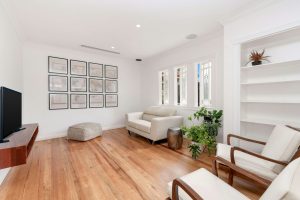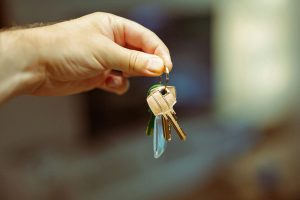How to Budget and Save
In this guide we’ve explained what these factors are and offered some useful tips for saving and advice regarding the different means of securing extra financial help. All of which you can use to help make buying your first property manageable and affordable.
Understand the costs
Whether it’s saving for a house deposit, budgeting for your legal fees or simply trying to work out your general living expenses, you need to have an idea of how much you’re able to spend when buying your first home.
Firstly you need to understand all the costs you may encounter so you can set the right budget. These will include:
- Your deposit (and the value of the house)
- *Stamp Duty
- Mortgage payments and fees
- Solicitor fees
- Legal costs
- Surveyor’s fees
- Insurance
Set your goals
Once you have an outline of what your expenses will be, you then need to set some goals based on your current financial situation. For example, you may want to save x amount of thousands in the next six months to cover a deposit.
It’s always beneficial to have a surplus amount of money left over even after you’ve worked out what your total outgoings will be over the house buying process. This can help cover you for unexpected living costs or even changes in interest rates on variable mortgages.
An example of how much to save could be if you needed £5,000 within six months, it would mean putting aside £833 a month. However, it’s not always the best idea to try and save large chunks like this as you might be stretching yourself too thinly with your living costs. Instead it’s better to save in a comfortable way over a longer period.
Cut your expenses
In order to start making savings you may need to trim your expenses, here are a few ways of doing so:
- Cut back on your gas, electric and water usage.
- Look to switch to cheaper utilities providers.
- Reduce the amount you spend on treat foods like takeaways and meals out.
- If you have to travel for work, where possible walk or cycle to save on fuel.
- Have a clear out and sell any unwanted items.
- Streamline any debts into single manageable monthly payments.
- Create a budget planner to track how much you’re saving.
If you need more ideas or suggestions, this guide from the Money Advice Service can help.
A positive knock-on effect of budgeting and paying off your debts is that it will boost your credit score and could open you up to better interest rates on a mortgage.
Look for extra support
Another way to make this process easier on your finances is to look into additional support, be it through help from your parents or one of the many first time buyer schemes that are currently in place.
A few examples include:
- Shared ownership – you can find out more about this in our guide, looking specifically at how we at Living can support you with this.
- The current Help to Buy scheme – this is subject to change but this can help you with your deposit.
- First time buyer mortgages – again we have a useful guide that explains what your options are with these.
Watch the market
Last but not least, as part of your budgeting you should keep an eye on the markets and look at average price fluctuations, whether or not the Government is starting or ending new support schemes, or simply if developers are offering incentives for first time buyers.
All of the above can help make your purchase more affordable and manageable, but you need to make the effort to keep on top of what’s going on.



